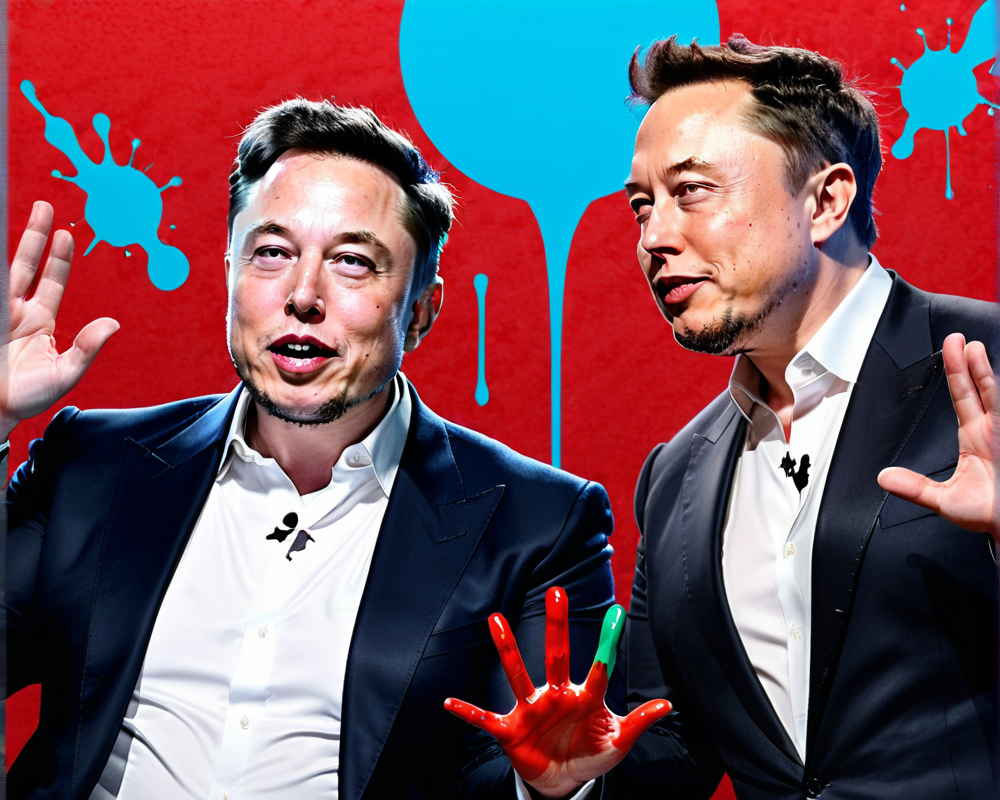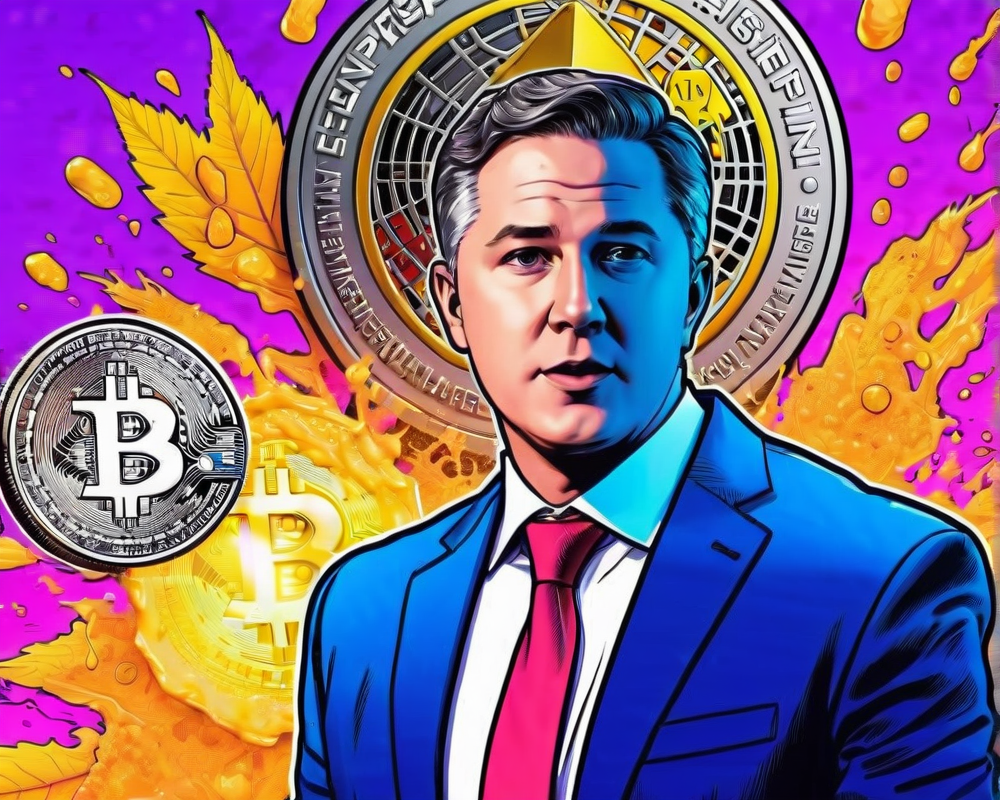Introduction: The Downfall of Two Tech Titans
In recent weeks, two major figures in the tech industry have experienced substantial declines in their net worth, spotlighting the vulnerabilities inherent in their respective business decisions. Sam Bankman-Fried (SBF), the former CEO of FTX, and Elon Musk, CEO of Tesla and Twitter, find themselves in precarious positions, each grappling with unique challenges amid economic turbulence.
Sam Bankman-Fried’s Rapid Decline
Once a prominent figure in the crypto world, Sam Bankman-Fried was reported to have a net worth of approximately $24 billion in March 2022, which dwindled to $16 billion by November 7. Following the collapse of FTX, he no longer qualifies for listing on the Bloomberg Billionaires Index. Analysts suggest that with his diverse stakes in crypto assets, including FTX, Alameda Research, and stock trading platform Robinhood, SBF could be facing severe financial difficulties.
The chaos accelerated after SBF tweeted on November 7 that “assets are fine” at FTX, dismissing reports of liquidity issues as “false rumors.” However, within 48 hours, a proposed liquidity arrangement with Binance also fell apart, leading to SBF’s resignation and the announcement of FTX’s bankruptcy filing in the United States.
Industry Reflections on FTX’s Collapse
Anto Paroian, CEO of crypto hedge fund ARK36, remarked on the broader implications of FTX’s demise:
“FTX now joins the infamous club of centralized crypto entities that went bust this cycle because they took enormous liberties not only with its customers’ funds but also with ethics, integrity and the very ideals of crypto.”
Elon Musk: Risks Following the Twitter Acquisition
In contrast, Elon Musk has continued to navigate the complexities of his recent $44 billion acquisition of Twitter. Since the deal was finalized in October, Musk’s net worth has seen a staggering decline from over $300 billion to around $184 billion, largely influenced by fluctuations in Tesla’s stock price, which peaked at $407.36 in November 2021.
Controversial Policies and Market Reactions
New leadership strategies from Musk at Twitter have sparked significant questioning from analysts and business observers. His decision to fire numerous top executives within his first week raised red flags, especially amid a surge in tweets of hate speech, which potentially threatens revenue from advertisers.
Musk’s pivot to a subscription model for verified accounts has also received backlash, leading to instances of accounts impersonating legitimate entities, including Nintendo of America and President Biden. Critiques like this captured the growing discontent with how Musk is managing the platform’s dynamics:
“Elon Musk’s failed tenure at Twitter is a good example of how to repel authoritarian attempts,” said Max Berger, co-founder of activist group IfNotNow.
Conclusion: Lessons on Leadership and Financial Resilience
The instances of SBF and Musk underscore the delicate balance of leadership in the tech and crypto sectors—where both financial acumen and ethical governance matter. As they grapple with their respective challenges, the incidents highlight the potential risks associated with rapid decision-making in high-pressure environments. For investors and stakeholders, the ongoing developments offer critical lessons on vigilance, adaptability, and the importance of transparency in sustaining confidence amidst uncertainty.




